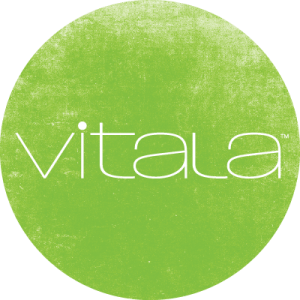Beef up your workout with protein
Timing Protein Intake around a Workout
I have always loved running and for many years, I competed in cross-country and track meets. The training was tough, and after working out I would eat A LOT to make up for all of the calories that I was burning. I don’t think I ever explicitly considered my protein needs, but I was encouraged to consume a meal within a half an hour of exercise to maximize nutrient uptake by the muscles. So I would rush home after working out to get my meal in on time.
It turns out that this practice of eating a meal containing protein right after exercise is now “unequivocally” supported by research as an effective strategy to build muscle. Some recent research suggests that consuming protein before or during workouts may also improve muscle adaptation, but further research is still needed. The general recommendation from the International Society of Sports Nutrition is that protein should be consumed around the period of exercise, either before, during or after exercise.
- I personally don’t like doing an aerobic workout on a full stomach, so I opt for a protein-rich meal right after I finish exercising.
- For those of you engaged in prolonged exercise of more than three hours, it is suggested to consume some protein before and during the activity in order to prevent the body from going into a negative protein balance.
Interestingly, research indicates that the benefits of protein for muscle growth are proportional to the amount consumed, but only up to a certain point. The effects of different protein intakes were found to plateau out after consuming the amount found in a typical meal (about 20 grams)4. If you eat more than this in a single setting, the rest is just oxidized for energy. This means that those smoothies super chalk full of protein powder probably aren’t doing you any extra good once you pass the threshold of 20 grams of protein.
The “Rest” of the Day
It may be more helpful to consider your protein intake for the “rest” of the day – even though you are physically resting, your body is still busy building and repairing muscle. In fact, your muscles are in an anabolic state, known as the window of opportunity, for at least 24 hours. The catch is that an adequate protein supply is required in order to build more muscle.
Therefore, it is important to space your protein intake throughout the day. Eating a small amount of protein with each meal (~ 20 grams) up to 5-6 times a day is thought to work best (for more about your total protein requirement see part 1).
The opportunity to consume protein at breakfast is often missed, particularly when eating sugary breakfast cereals. Try adding eggs or high protein Greek yogurt to your breakfast menu. Another way to maximize the window of opportunity is to consume a bedtime snack with protein. A recent study found that eating protein just before bed allowed the subjects to stay in a positive protein balance during the night and increased growth of new muscle proteins.
What type of protein is best?
Milk and egg proteins contain all of the essential amino acids, and have been found to increase muscle adaptation in response to exercise. Meats, fish and poultry are also great sources of complete protein. Only a few studies have directly compared the effects of one protein to another for exercise recovery, but milk has been found to be better than soy protein for building muscle following a workout.
Unlike animal protein sources, vegetarian proteins generally lack one or more of the essential amino acids. However, vegetarian diets appear to support athletic performance just as well as omnivorous diets, as long as a variety of foods are consumed to provide all of the essential amino acids.
Should you use protein supplements?
The recommended protein intake for athletes can be achieved through diet alone, so meeting your protein needs through whole foods is recommended. That said, protein supplements can be a convenient way to boost your protein intake to the recommended level if you don’t have time to prepare high-protein foods. The value for protein supplements really comes down to their convenience, but they are certainly not required and it’s best to prepare whole foods.
